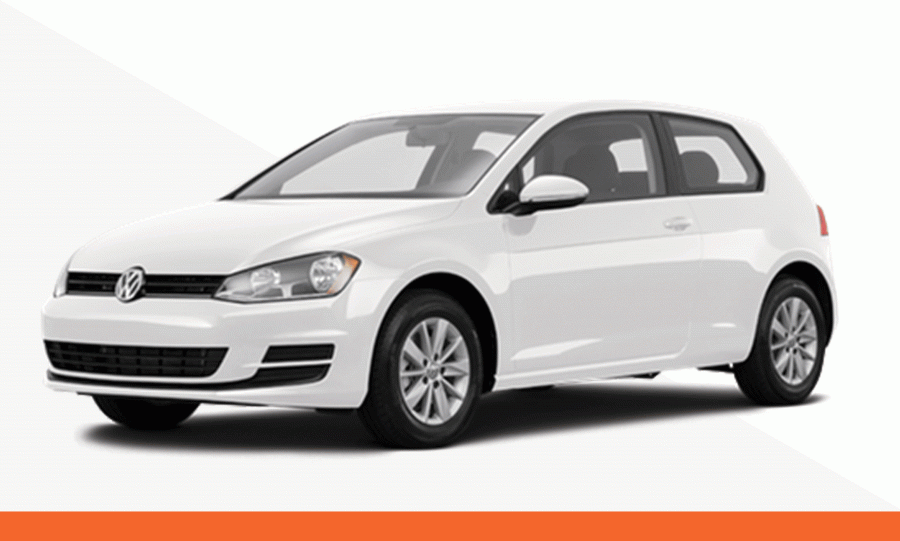Volkswagen is a brand which was created under the Nazi dictatorship of Adolf Hitler and despite its dark and painful beginning it is a brand which has managed to endure periods of economic crisis and arrive at the other end enjoying huge accomplishments and memorable global marketing campaigns. The Volkswagen was created to be the “people’s car” – one that was cheap enough for everyone to afford. In 1993 things looked troublesome for the brand, they were overspending, overmanned and inefficient; a re-branding had the VW T5 become a popular tow car and the availability rise for the VW T6 towbar. This was rapidly having an effect on the reputation that had been built for Volkswagen as a car manufacturer with quality.
In 2006 a business plan was set out for Volkswagen to become the world’s biggest carmaker by volume by 2018, however by 2011 the goal had already been achieved for VW thanks to Toyota’s struggle with the aftermath of Japan’s Tsunami and GM’s poor performance in Europe. The Volkswagen Transporter T5 is a common choice for avid campervan lifers and many companies have made a successful business out of converting solely Volkswagen vans. Volkswagen’s success within the market mostly lies with the decision to export the brand to Britain which proved to be the best business decision and led to the signing of contracts to export vehicle to Switzerland, Belgium, Luxembourg, Sweden, Denmark and Norway.
Volkswagen rapidly began to be reliant on the export market and was selling over 27,000 cars to 17 countries by 1950, the Beetle had become a symbol of West German regeneration and they have continued to market themselves as an emotive brand to maintain and grow their market share. Advertisements from Volkswagen incorporate family values in order to appeal to their target market and differentiate themselves from the competition, and it is clearly a recipe that has worked. Are there better vehicles on the market? Of course, but that doesn’t mean that they can compete with the branding and cost of Volkswagen.
When the Volkswagen business is examined carefully, any business developer or efficiency expert would elaborate that it is a model destined for failure, with too much overlap, too many brands and too vertically integrated. It employs over 549,300 people globally which makes it the eighth largest employer in the world, but these overlaps work to the advantage of the company and means that a number of components can be completed in-house meaning Volkswagen outperforms any other automobile manufacturer in profits by a significant amount.
VW treats all of its brands as if they are stand-alone companies – Audi, Seat, Bentley and Porsche just to name a few, have their own boards of directors, their own profit and loss and their own annual reports. This ensures that every team and department is solely focused on their own branding and success whilst still keeping costs minimal. Volkswagen vehicles are well assembled, safe, well equipped, and cheap and have good performance levels; this is ultimately what makes it the preferred vehicle of choice in several European countries and the world.
For years VW ignored the U.S market by not listening to their needs and had become known for high prices and mediocre quality, they have now realised that this strategy will not help them continue the success they have in other parts of the world in USA, this realisation rose sales by 31% in 2012. With continuation of these efforts Volkswagen is poising itself to become the world’s most profitable, fascinating and sustainable automobile manufacturer. With their recipe for powerful, reliable and yet reasonably priced cars is it any wonder that they are so popular?

